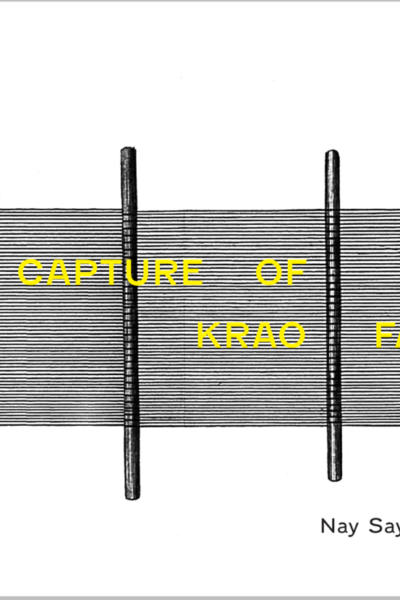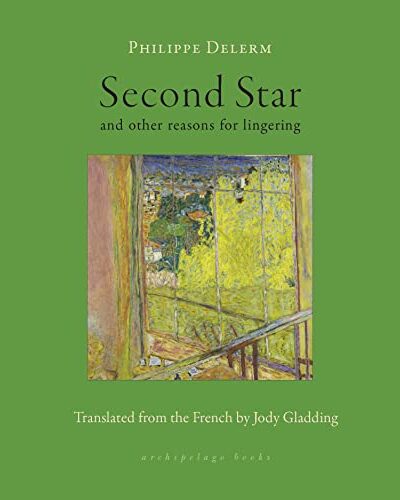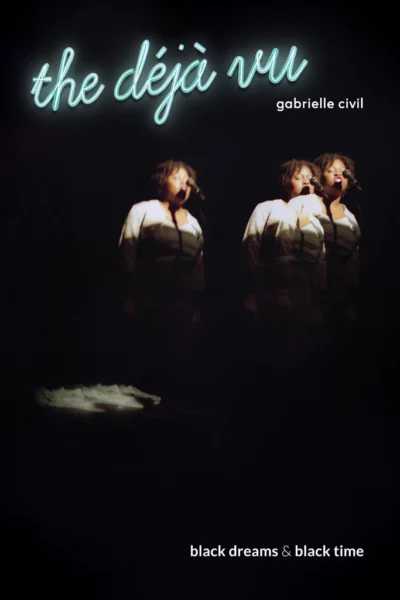The Capture of Krao Farini – Nay Saysourinho
Billed as “part Turing test, part circus flyer,” Saysourinho’s debut chapbook narrates the imagined inner world of a woman known as Krao Farini, a late nineteenth- and early twentieth-century sideshow performer often called “The Missing Link” for her hypertrichosis.
That sense of the un-holdable world-horrors and calls to action alongside pictures of scarves that my friends knitted and soup that they made and thirst traps and flowers and trees and cats, the sort of simultaneity and unprocessability . . . vibrating in your pocket, definitely fed METABOLICS.
Second Star: And Other Reasons for Lingering – Philippe Delerm
Delerm calls on the body, mind, and visual field to preserve the essence of a moment. . . . [His] direct, humorous observations are both relatable and attentive to the largely unnoticed aspects of daily life.
Perma Red – Debra Magpie Earling
While set in the 1940s, Earling’s engagement with the complexities of reservation violence rooted in the traumas of settler colonialism and modern capitalism, make the story of Louise White Elk as resonant as it was when the novel was first published in 2002.
Metabolics – Jessica E. Johnson
Johnson’s diagrams not only play with her background and love for biology but manage to capture the experiences of motherhood and a mother’s body that cannot be expressed with words.
Selena Didn’t Know Spanish Either – Marisa Tirado
I often wonder if it is just as lonely to be the last family member to speak a mother tongue as the first to not know the family language.
Through this text, Civil has recorded time, unraveled memory, and reckoned to create a document that is both of its time and of past/future time.
The Moon Over Edgar – Ian Felice
This collection advocates for attention to dreams, the uncanny, the mundane, and the moon as if now is the time to devote ourselves to that possibility rather than, like Edgar, letting our life pass before us.
Everything is Totally Fine – Zac Smith
If there is one thing Smith’s time capsule of Americana can teach us is to listen to our dreams and nightmares and allow them to prompt new ways of living.
Out of Nowhere into Nothing – Caryl Pagel
Pagel’s collection of 10 braided essays tour the personal, the grotesque, the uncanny, and peculiar — a constant reminder of our attachment to the invisible.












